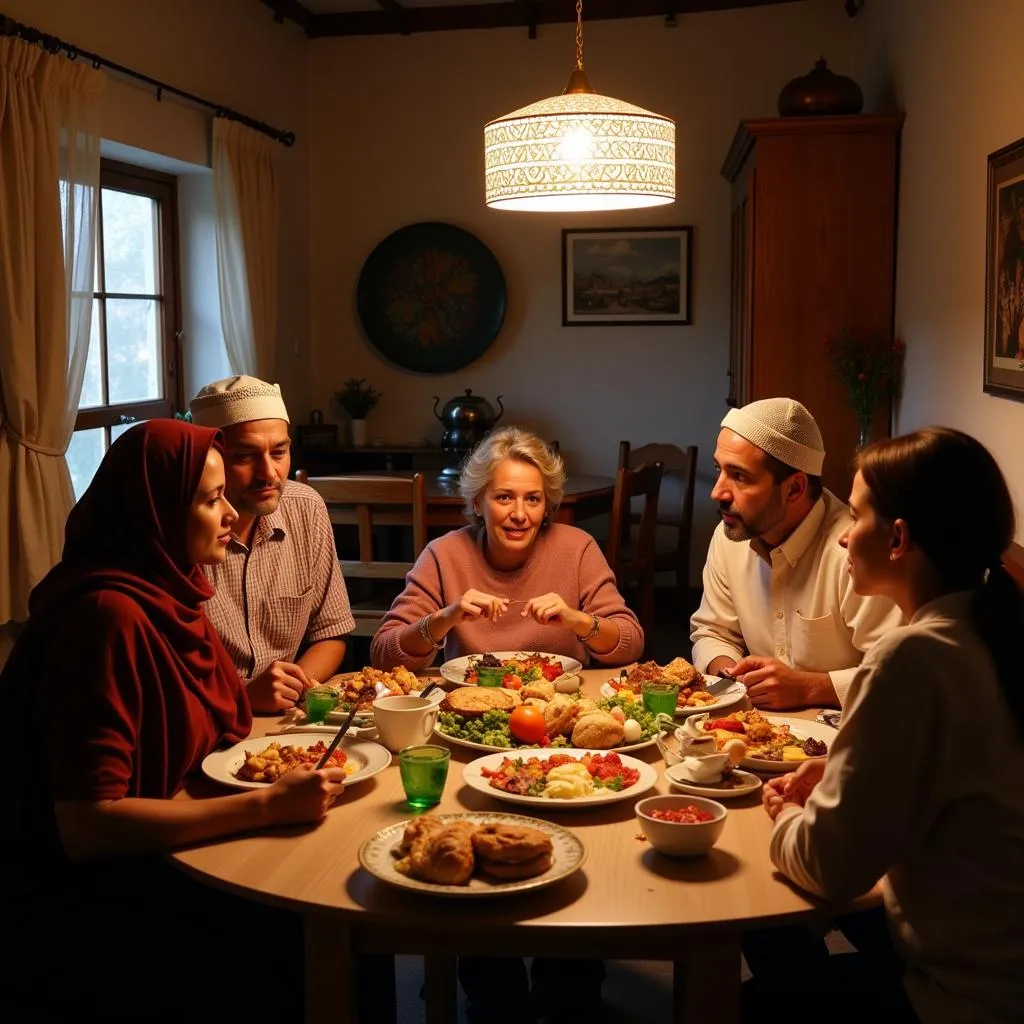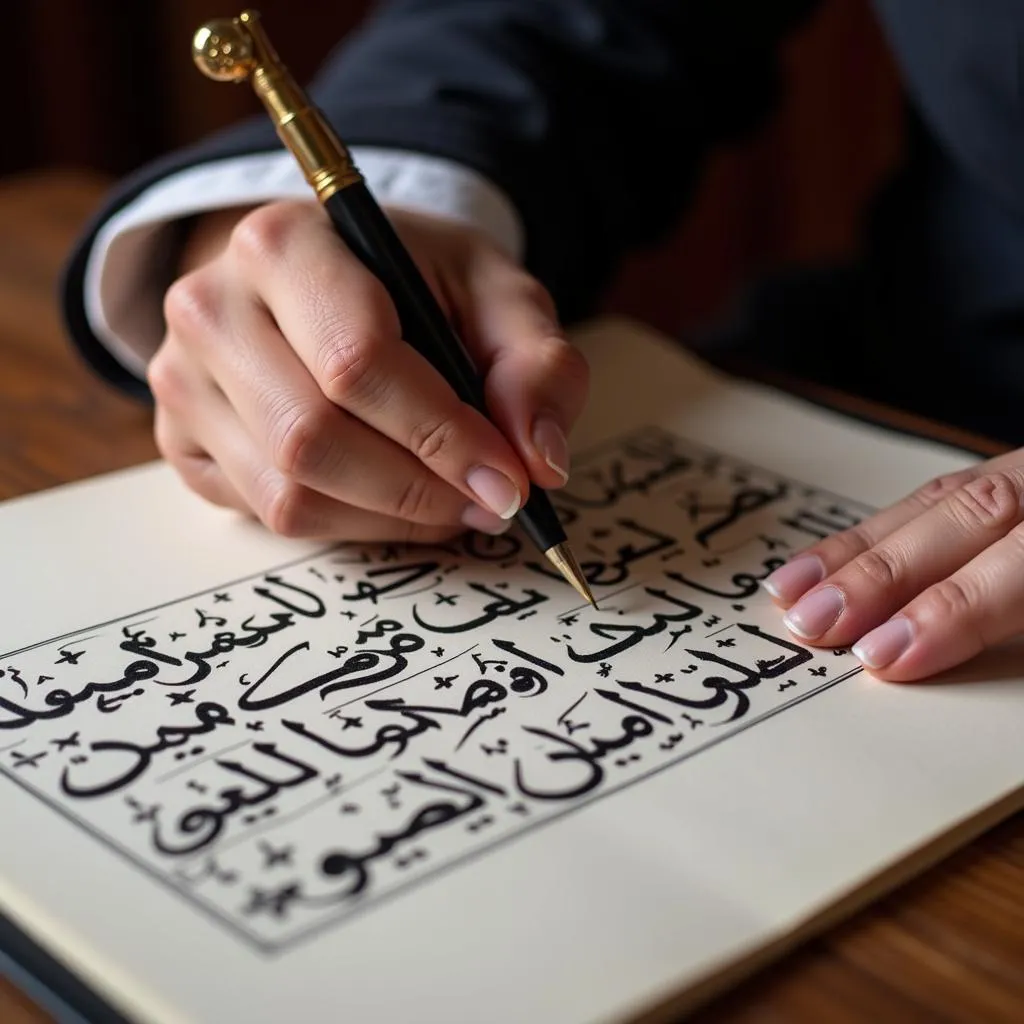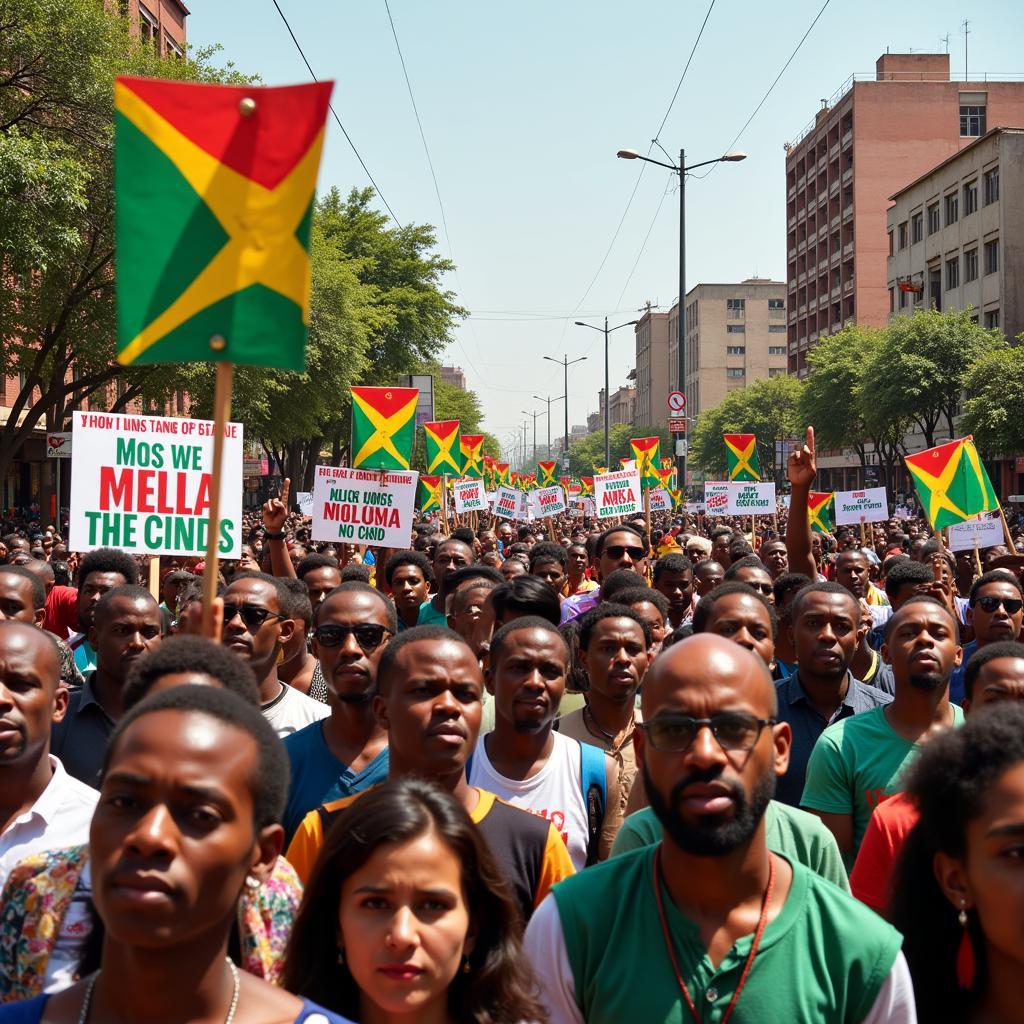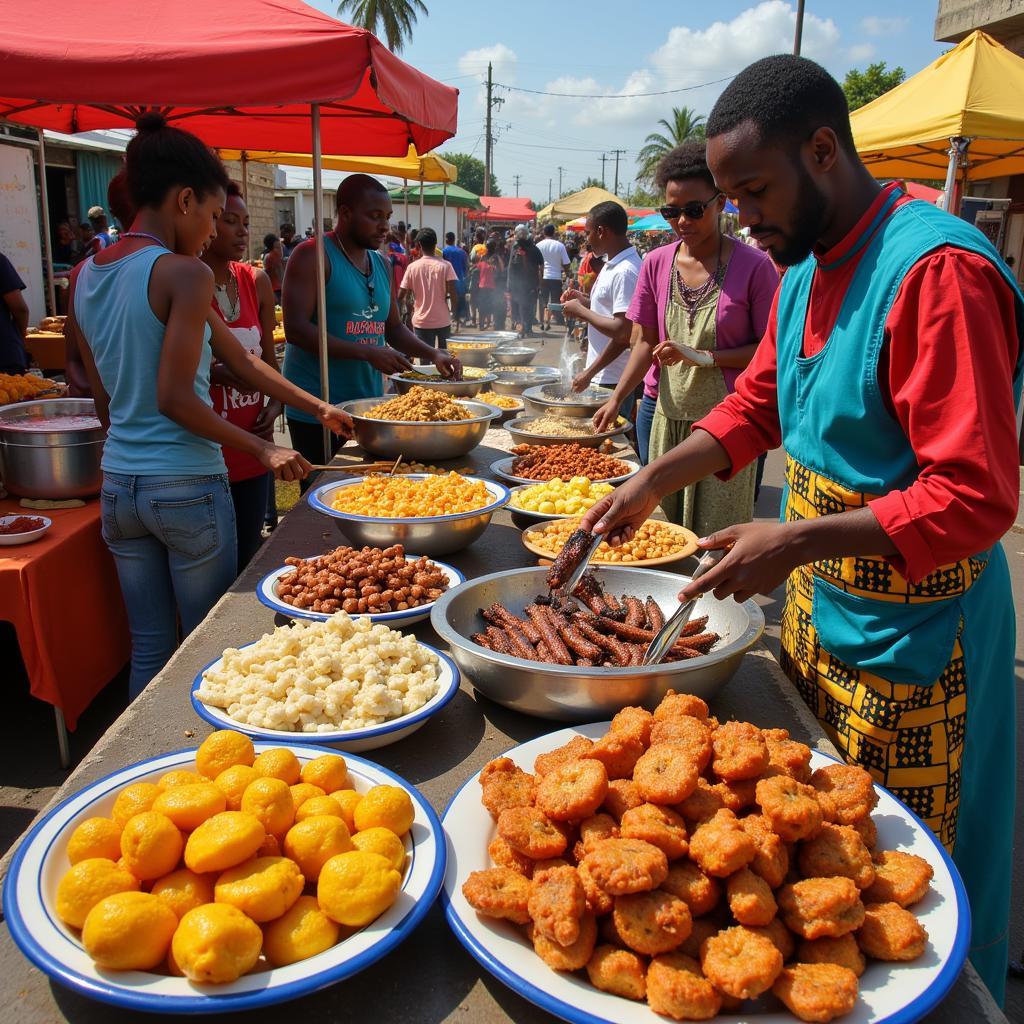African Countries That Speak Arabic: A Linguistic Journey
The African continent is known for its vast diversity, not just in its landscapes and cultures but also its languages. While many might associate Africa with Bantu languages like Swahili or colonial languages like French and English, there’s a significant Arabic linguistic presence woven into the continent’s tapestry. This presence reflects centuries of interaction, trade, and cultural exchange between Africa and the Arab world. So, which African countries speak Arabic? Let’s delve into this linguistic landscape.
The Spread of Arabic in Africa: A Historical Glimpse
Arabic wasn’t always commonplace in Africa. Its journey began in the 7th century AD with the rapid expansion of the early Islamic caliphates. The language journeyed across North Africa, reaching the shores of the continent with traders and travelers.
As trade flourished across the Sahara Desert, so did the Arabic language. It became the language of commerce, diplomacy, and scholarship, eventually establishing itself as a mother tongue in many regions.
North Africa: The Heart of Arabic in Africa
North Africa is undoubtedly the epicenter of the Arabic-speaking world in Africa. Countries like:
- Morocco: Famed for its bustling souks and stunning architecture, Morocco boasts Arabic as an official language alongside Berber.
- Algeria: Home to breathtaking Saharan landscapes and ancient Roman ruins, Algeria recognizes Arabic as its official language.
- Tunisia: With its Mediterranean coastline and vibrant culture, Tunisia claims Arabic as its official language.
- Libya: Rich in ancient history and oil reserves, Libya also counts Arabic among its official languages.
- Egypt: The land of the Pharaohs and the iconic Nile River, Egypt boasts the largest Arabic-speaking population in Africa.
In these North African nations, Arabic is not just an official language but a vital part of daily life, woven into the fabric of society, education, and culture.
 North African family enjoying a traditional meal together
North African family enjoying a traditional meal together
Beyond North Africa: Arabic’s Reach in East and the Horn of Africa
Arabic’s influence isn’t limited to North Africa. It extends its linguistic tendrils into East Africa and the Horn of Africa, largely due to centuries of trade along the Indian Ocean coastline. Here, Arabic often exists alongside other indigenous languages, enriching the linguistic diversity of the region:
- Sudan: A geographically diverse nation with a rich history, Sudan claims Arabic as an official language.
- Eritrea: Situated along the Red Sea, Eritrea recognizes Arabic as one of its working languages, reflecting its historical ties to the Arab world.
- Djibouti: A strategically important country located at the entrance to the Red Sea, Djibouti counts Arabic as one of its official languages.
- Somalia: Known for its nomadic traditions and stunning coastline, Somalia recognizes Arabic as an official language alongside Somali.
- Comoros: This island nation off the East African coast boasts Arabic as one of its official languages, reflecting its historical connections with Arab traders.
Arabic: More Than Just a Language in Africa
In many African Countries That Speak Arabic, the language isn’t merely a means of communication but a cultural cornerstone. It’s intertwined with religious practices, traditional arts, and social customs. For instance:
- Islamic Religious Practices: As the language of the Quran, Arabic holds profound religious significance for the significant Muslim populations across North, East, and the Horn of Africa. Mosques resonate with Arabic prayers and chants, solidifying its role as a sacred language.
- Literature and Poetry: Arabic literature, particularly poetry, holds a cherished place in many African cultures. From pre-Islamic oral traditions to modern written works, Arabic continues to shape literary landscapes.
- Music and Arts: The influence of Arabic musical traditions is evident in various regions of Africa. Instruments like the oud and the qanun have been adopted and adapted, fusing with local musical styles to create unique soundscapes.
 Moroccan calligrapher meticulously creating intricate Arabic script
Moroccan calligrapher meticulously creating intricate Arabic script
The Future of Arabic in Africa: A Tapestry of Diversity
While the future of any language is dynamic, Arabic seems poised to remain a significant force in Africa. Its deep historical roots, its cultural embeddedness, and its continued role in various aspects of life suggest a vibrant future for this global language on the African continent.
As Africa continues to evolve, so too will its linguistic landscape. The Arabic language, woven into the continent’s fabric, stands as a testament to Africa’s enduring connection with the Arab world. This linguistic tapestry speaks volumes about shared histories, cultural exchanges, and the enduring power of language.
FAQ: Delving Deeper into Arabic in Africa
What is the most widely spoken language in Africa?
While Arabic holds a significant presence, it’s not the most widely spoken language in Africa. That title belongs to Swahili, a Bantu language spoken by over 100 million people, primarily in East and Central Africa.
Is Arabic spoken in South Africa?
While South Africa boasts eleven official languages, Arabic isn’t one of them. However, there’s a significant Muslim community in South Africa, and Arabic is taught in some religious schools and institutions.
Why is Arabic an official language in so many African countries?
The presence of Arabic as an official language in many African countries is a testament to the historical influence of Arab traders, scholars, and explorers. It reflects centuries of interaction and cultural exchange between Africa and the Arab world.
Explore More About Africa’s Linguistic Diversity
Intrigued by the diversity of languages spoken across the African continent? Discover more about African girl names and meanings, delve into the world of African countries in German, or explore the world of African countries and cities.
Need a taste of different African dialects? Check out the African accent generator. Interested in the latest developments on the continent? Consider an African business magazine subscription.
Connect with Us: We’re Here to Assist
Have further questions or need more information? We’re here to help! Reach out to us via:
Phone: +255768904061
Email: kaka.mag@gmail.com
Address: Mbarali DC Mawindi, Kangaga, Tanzania
Our dedicated customer support team is available 24/7 to assist you.


